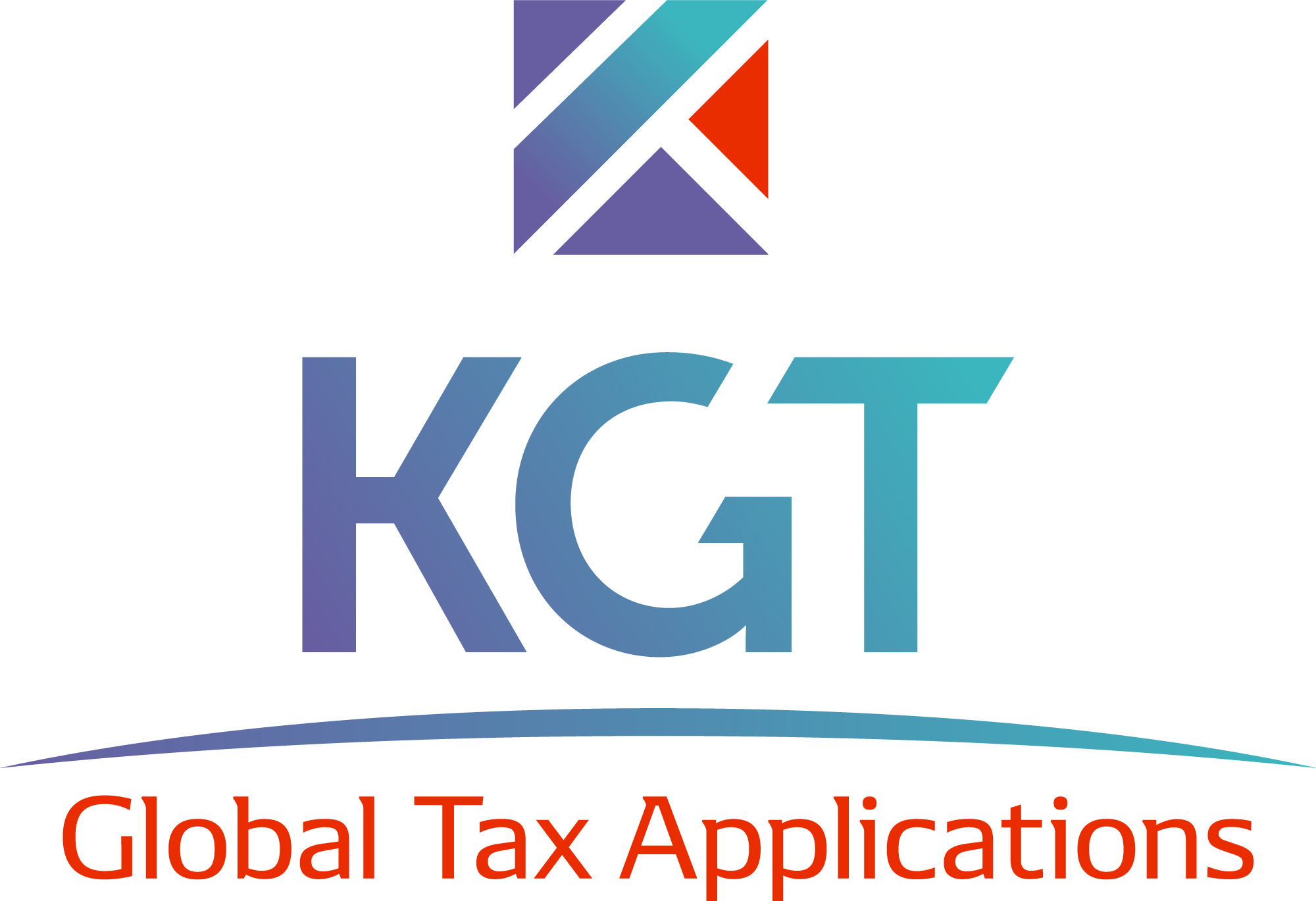Kingdom of Saudi Arabia (KSA) e-invoicing 4 December 2021

KSA e-invoicing a phased rolled out
General Authority of Zakat and Tax (GAZT) issued the final electronic invoicing on December 4, 2020, setting out that it will be mandatory for resident taxpayers to issue, save and modify e-invoices by December 4, 2021. Non-resident companies are exempt.
The regulations specify the terms, requirements, and conditions of electronic invoices and electronic credit and debit notes. E-invoices must be issued from December 4, 2021 (first phase). The second phase will come into effect on January 1, 2023. In that phase, the taxpayers' SAP system of issuing electronic invoices and debit and credit notes must be linked with GAZT's systems to share data and information. GAZT will start with a post-audit method, and in the second phase, move to a clearance model.
E-invoicing and VAT
According to the legislation, the e-invoice will be a tax invoice, and non-compliance will result in tax penalties. The provisions relating to proof of electronic transactions and electronic signatures provided for in the Electronic Transactions Law in force in KSA will apply to e-invoices and notes issued. E-invoices must be issued in Arabic. The e-invoicing provisions apply to all taxable supplies subject, including the zero VAT rates and resident and non-resident consumers).
What does KGT have to offer
In the first phase, the KGT SAP add-on extracts the e-invoicing data and transforms it into legal format (XML). As KSA will not have automated submission up and running, the KGT SAP add-on facilitates that the XML generated can be uploaded. KGT will also work with clients as part of 'current state' to 'future state analysis to identify the information required by GAZT. It includes how it is currently maintained in SAP and how those gaps can be closed using our SAP add-on without changing SAP's current configuration or business process.
In the second phase - when KSA has published its APIs for communication, the SAP add-on installed can subsequently be quickly configured with those APIs to submit automatically via the setup batch job. Starting January 1, 2023, resident taxpayers must generate all electronic invoices, including tax invoices or simplified tax invoices and their associated documents, in an XML or PDF/ A-3 (with XML) format.
From security and integrity of the invoices, the SAP add-on includes:
- A digital signature feature,
- A unique universal identifier (UUID),
- The generation of a hash,
- A QR code.
- Submission of e-Invoicing to Tax Authority
- API Integration with Tax Authority
Brochure

